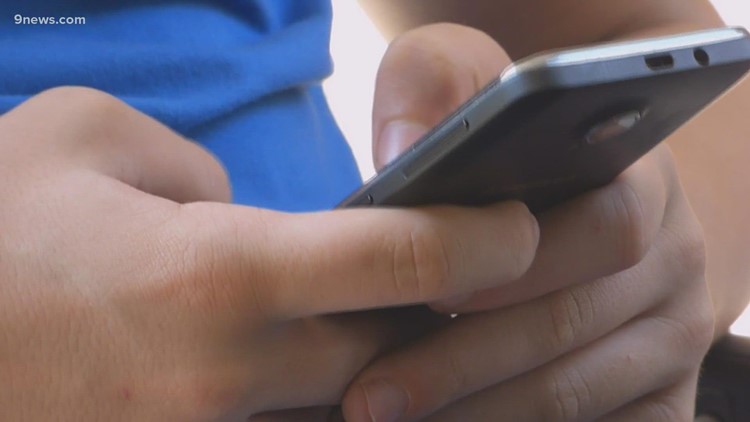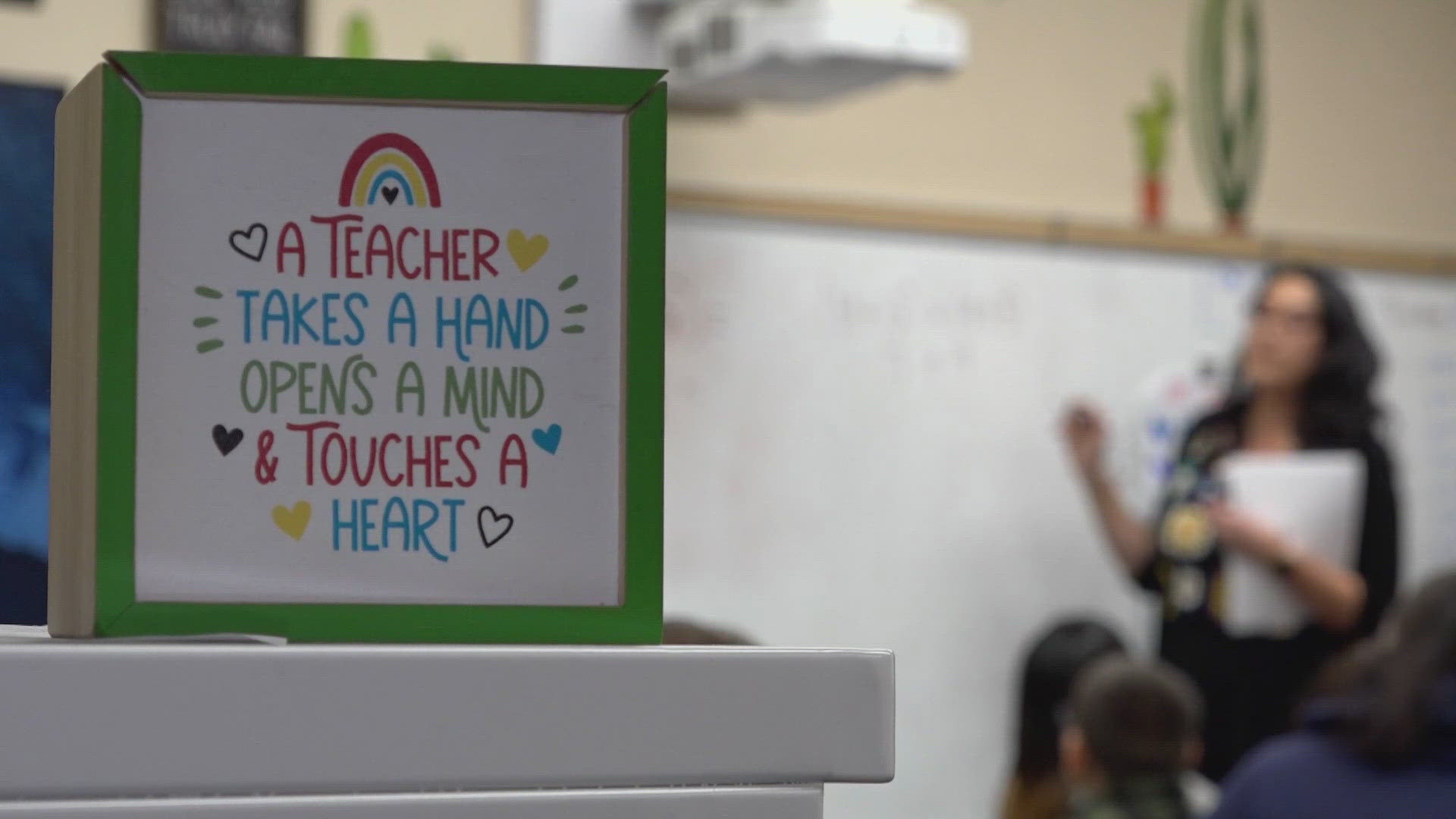PHOENIX — In today's growing technological world, parents are bound to have discussions on whether to allow their children to use certain technology.
Kenneth Pits, a father, said he and his wife do allow their five children to use tablets but with restrictions.
"Before they can activate any of the games we make them do a certain amount of reading, a certain amount of learning apps and videos," Pits said.
Kerri Williamson, a mother, said sometimes it can be overwhelming being an older mom but notes she still tries to engage and put technology limits on her two teenage daughters to make sure they're safe.
"I know some of these kids use social media as a primary method of communication but my kids are going to have to figure out a different way to do that," Williamson said.
Clayton Cranford is a former school resource officer and founder of Cybersafetycop.com, who said he's seen the negative impacts growing technology can have on school-aged children.
"Our children have turned away from healthy ways of dealing with their feelings, to use phones to take care of that for them. And this is not healthy," Cranford said. "This has to change, and I'm afraid it won't change until we actually, until parents wake up to this and take a stand."
Cranford said he recommends parents monitor their children's social media usage by installing special apps.
"One of the easiest things you can do is install an application on your child's device that runs in the background and looks for problems and alerts you when they find them," Cranford said. "The app that I'm recommending, because it works really well on the iPhone, is called OurPact."
Cranford also cited the importance of open dialogue between parents and their children even if they are not so tech savvy and suggested parents wait to remove phone privileges.
"The parents saying to their child: 'If you come to me and you tell me that you have a problem, even if you've made a mistake, it's okay. I want to help you.' And if you do that, if I can, I'm not going to take your phone away. I'm not going to take it all away. Your connection to your friends," Cranford said. "Now, if there's a crime involved, maybe the phone needs to get taken away, but most cases, a parent can handle that at their level."
When it comes to phone usage, Cranford said every family is different but there should be different levels of access children should get depending on their age.
"In general, I think it's okay to give your, maybe your middle schooler, a phone in seventh or eighth grade, but it shouldn't be a smartphone, Cranford said. "It should be a flip phone that doesn't have connections to the internet or social media."
Cranford created a checklist to serve as a guide for parents in the digital world:



